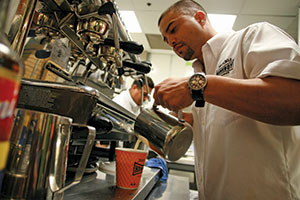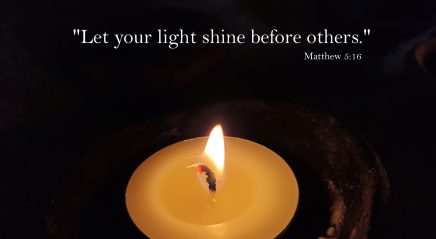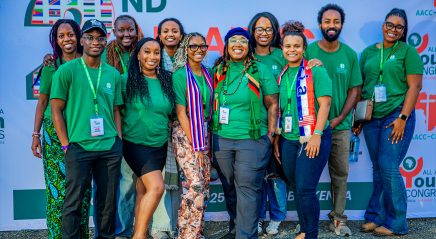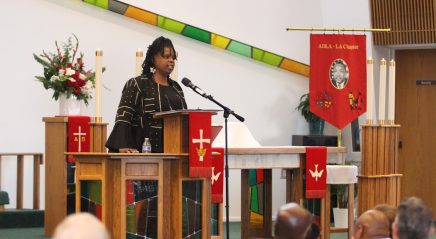When Greg Boyle, a Jesuit priest, welcomes a newcomer to Homeboy Industries, he begins with a conversation in his office and invites the former gang member to share his or her story. A 26-year-old ministry in Los Angeles, Homeboy Industries provides job training positions and free social services every month to more than 1,000 men and women who were formerly involved in gangs and previously incarcerated.
Newcomers begin life at Homeboy working in the maintenance department and then progress into vocational skill-building in one of six social enterprises. Boyle or a caseworker asks each client a question before they start their training: “Are you willing to work alongside your enemies?”
By definition, a newcomer is anyone who has recently arrived in a place or joined a group.
Newcomers are novices — they haven’t spent a great deal of time participating in the central practices of a community. By contrast, an old-timer is anyone who has spent more time in the community and thus has a better grasp of its way of life.
On the first day of training, Boyle accompanies the newcomer to the maintenance department. Old-timers line up to shake hands with the newcomer and extend welcome. Inevitably enemies are shaking hands with each other, leaning into this new venture because each has made a choice to be there. Work resumes with the new client learning skills side-by-side the old-timers.

Photo courtesy Homeboy Industries
Alex and Nelson (front) work together in the Homeboy Diner at Homeboy Industries.
Newcomers arrive each month. Within the month they become old-timers. Older old-timers move on to vocational skill-building and become newcomers all over again in a new setting. New old-timers remain to welcome newcomers. No longer enemies, the co-workers learn to cherish one another. In being cherished, homies (as the clients are called) experience what it means to be beloved and ennobled. In time they learn to see themselves, through their co-workers, as Jesus sees them: made in the image of God, as God’s child, as beloved.
Trust develops because it is experienced through the good work at hand and they learn the Homeboy mantra: “We belong to one another.”
Boyle and the Homeboy staff aren’t at the center of this enterprise of welcome, but by standing at the periphery, nurturing relationships between old-timers and newcomers, they bear witness to the creation of what Martin Luther King Jr. described as the beloved community.
Congregations welcome newcomers too. Typically congregational leaders pour incredible amounts of energy into orientation sessions and the rites of baptism or affirmation of baptism. Well and good. But all too often, including old-timers as the essential ingredient of the newcomer welcome process is overlooked.
Newcomers need access to relationships with old-timers — not only leaders but established members who are co-workers in the vineyard. Congregational leaders are called to cultivate the relationship between old-timers and newcomers.
This year imagine designing a newcomer welcome process that includes old-timers, the essential ingredient, and get excited to bear witness to a community that cherishes each one as beloved and learns to belong to one another.









